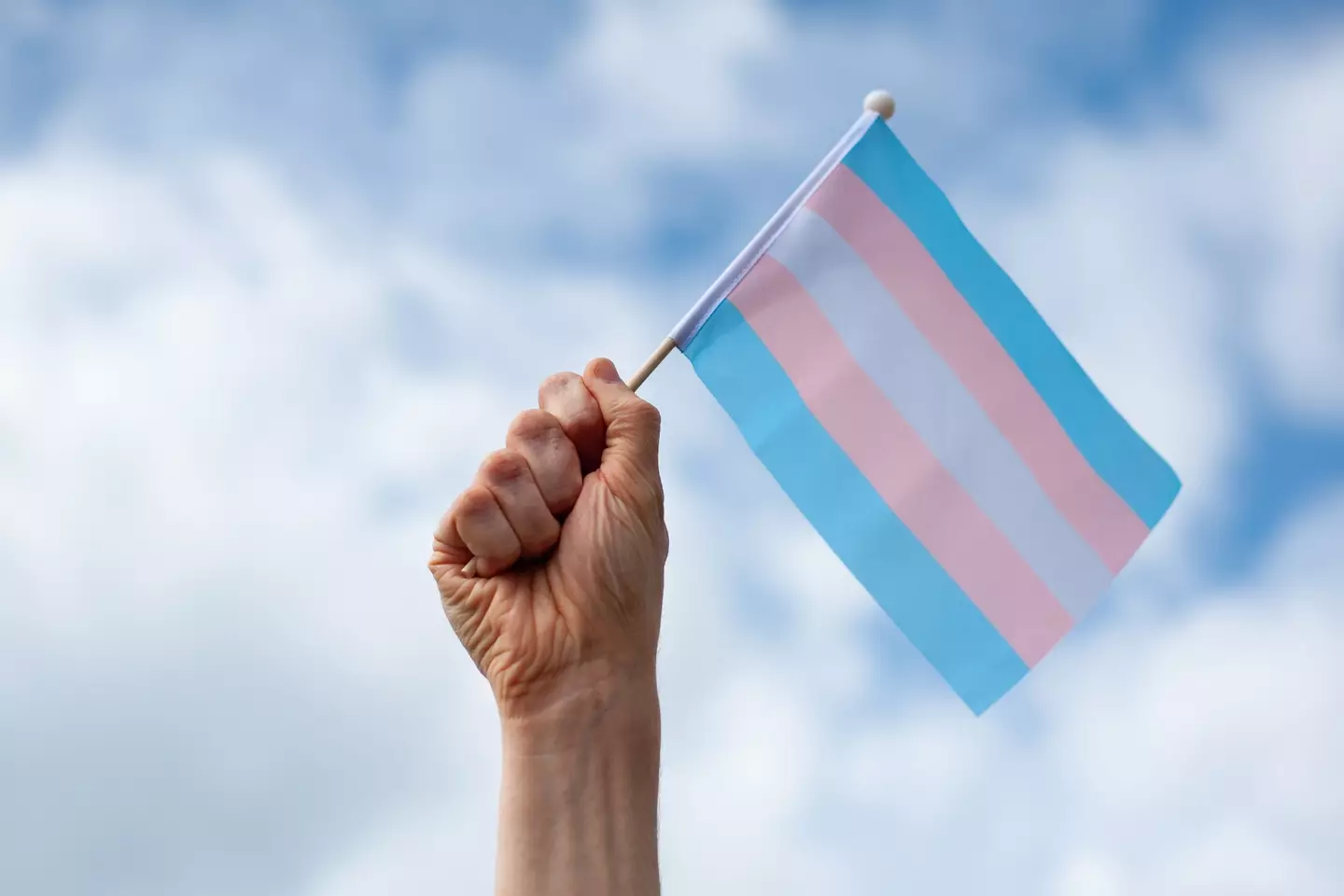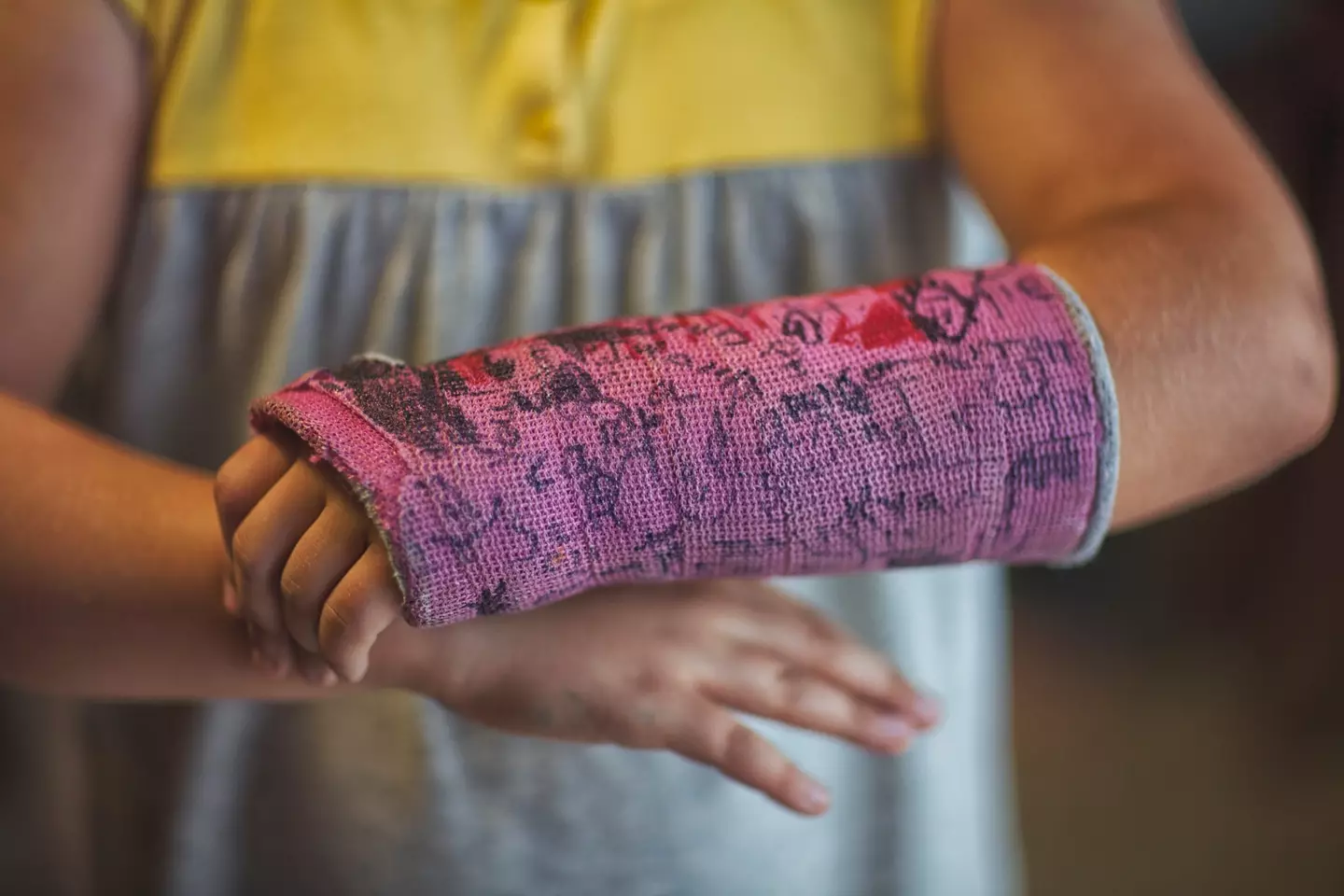.jpg)
A new term explaining one of the many forms of discrimination the trans community currently face - 'trans broken arm syndrome' - is going viral, but what exactly does it mean?
Transgender people already face a slew of challenges when it comes to accessing the right healthcare, including long waiting lists for hormone replacement therapy (HRT) and puberty blockers.
But unfortunately, the barriers don’t end there.
You may have seen the term ‘trans broken arm syndrome’ popping up across your social media.
Advert
No - it doesn’t always mean a literal broken bone, but it is a type of medical discrimination that needs more attention.
As the term gains more traction, more and more members of the transgender community are coming forward with their own experiences and realising it could be more common than first thought.

So what is ‘trans broken arm syndrome?’
‘Trans broken arm syndrome’ is a colloquial term for a type of health discrimination faced by people in the community.
It occurs when healthcare professionals, whether subconsciously or consciously, link transgender people’s health concerns back to their gender identity.
Imagine going to the doctors with concerns that you’ve broken your leg and instead they say you’ve not been eating the right diet - confusing, right?
Sadly, this is exactly what is happening to trans individuals up and down the country, with the doctor’s attention somehow creeping its way back to gender.
In the very worst cases, doctors can miss a diagnosis of a serious illness because they pay more attention to their patient’s gender than their symptoms.

Examples of ‘trans broken arm syndrome’
As more people learn what ‘trans broken arm syndrome is’, they are realising they could have been affected by it.
A 25-year-old transgender man called Jack told The Bristol Cable about his own disappointing experiences.
Since he started on testosterone, ‘every single medical complaint he’s experienced’ was blamed on the hormone.
Jack revealed that when he sought treatment for acne, his GP suggested he take oestrogen-based birth control.
He asked the GP whether such treatments are prescribed to other male patients, which they admitted was not the case.
Jack added that even at asthma check-ups, the GP makes references to testosterone potentially ‘interfering with treatment’.

And he is not the only one.
Other members of the trans community have taken to Reddit to share their experiences, with one user claiming their anxiety was simply put down to testosterone, despite having been on it for two decades.
They wrote: “Has happened to me too. I started experiencing a lot of anxiety around March 2020 (note the date). I eventually went to an acupuncturist to see if it would help.
“Instead of the very obvious cause (global pandemic) she said testosterone might be causing my anxiety. Mind you I’d been on T for almost two decades.”
Meanwhile, another person quipped: “This happens to me so often. I had a sleep study done for my sleep apnea - something I was diagnosed with at age eleven - and they tried to blame it on my testosterone.
“I started HRT like ten years after my sleep apnea was first diagnosed, and if anything it's improved since then.”